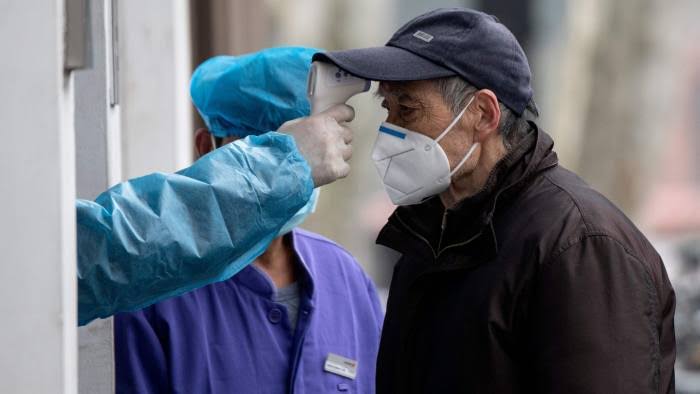
In the midst of the continued spread of the Omicron mutant in several countries, the Director-General of the World Health Organization pointed out on Tuesday that the Corona virus pandemic “is not over yet”, warning against the idea that this mutant does no harm. And the European Medicines Agency had considered that Omicron would turn Covid-19 into an endemic disease that humanity could learn to adapt to.
The coronavirus pandemic “is not over yet,” the Director-General of the World Health Organization said Tuesday, warning against the notion that this mutant does no harm.
“Omicron continues to sweep the world… Make no mistake, Omicron causes hospitalizations and deaths, and even less severe cases are overburdening healthcare institutions,” Tedros Adhanom Ghebreyesus told a press conference in Geneva.
“This epidemic is not over yet, and given the large outbreak of omicron around the world, it is possible that new mutants will emerge,” he added.
On January 11, the European Medicines Agency considered that although the disease is still in an epidemic stage, the spread of the omicron mutant will turn Covid-19 into an endemic disease to which humanity can learn to adapt.
“endemic” disease
“With increased immunity in the population – and with Omicron there will be a lot of natural immunity in addition to vaccination – we will move quickly towards a more endemic scenario,” said Marco Cavalieri, head of vaccine strategy at the Amsterdam-based European Medicines Agency.
In Switzerland, Health Minister Alain Berset last week considered that the Omicron mutant could be the “beginning of the end” of the epidemic.
But the head of the World Health Organization seemed more cautious, stressing once again that the Omicron mutant remains dangerous.
“In some countries, it seems that Covid cases have reached their peak, which gives hope that the worst of the latest wave is behind us, but no country has rid of the epidemic,” he told reporters on Tuesday.
But Ghebreyesus warned that “more infection means more hospital patients, more deaths, more people who will not be able to work, including professors and medical staff, and more risks of other mutant mutations that are more contagious and cause more deaths than Omicron.”
He was particularly concerned that many countries had low rates of vaccination against COVID-19. “People are more likely to contract severe forms of disease or die if they are not vaccinated,” he said.
“Omicron may be less dangerous, but claims that it is a mild disease are misleading (and) harm the overall response and cause more lives to be lost,” Tedros said.






